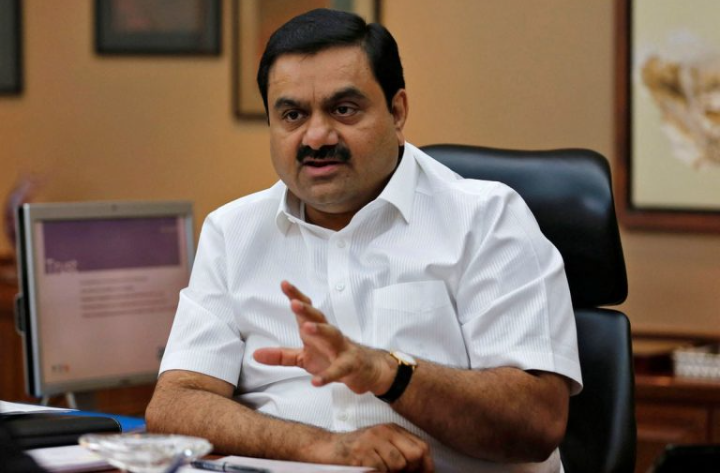The involvement of the Adani Group in Kenya’s healthcare and infrastructure sectors has sparked considerable attention and scrutiny.
Apeiro Limited, a key player in the Safaricom consortium, has business ties with the Adani Group through their parent company, Sirius International Holding.
This consortium, which includes Safaricom and Konvergenz Network Solutions, has been tasked with implementing the Integrated Healthcare Technology System (IHTS) for Kenya’s Universal Health Coverage (UHC) program.
The consortium is set to invest KSh104.8 billion over the next decade, recovering the costs through monthly payments starting in 2025, contingent on achieving performance milestones.
Apeiro’s parent company, Sirius International Holding, shares a joint venture with Adani through Sirius Digitech Limited.
This partnership has raised questions, as the Adani Group is simultaneously expanding its influence in other Kenyan sectors, notably by negotiating a 30-year concession to manage Jomo Kenyatta International Airport (JKIA) and seeking major contracts in the energy industry.
These infrastructure and energy ventures have attracted civil society criticism due to concerns about transparency, potential monopolization, and the concentration of foreign influence in Kenya’s public services.
Moreover, the presence of Safaricom’s chairman, Adil Khawaja, who has connections to the Adani Group, adds another layer of complexity to the emerging situation.
Safaricom is a key player in Kenya’s telecommunications and financial field, and its partnership in the UHC program highlights the growing intertwining of private companies in Kenya’s healthcare sector.
The broader picture of the Adani Group’s growing presence in Kenya raises important questions about the extent to which public services and critical infrastructure are being shaped by private, and in some cases foreign, interests.
While the government has pursued these partnerships to address fiscal constraints, concerns about transparency and accountability have heightened.
This trend of public-private ventures in healthcare, infrastructure, and energy suggests a deepening influence of major global corporations in the country’s key sectors.
Even as the Adani Group expands its reach across Kenya’s healthcare and infrastructure, public concern continues to grow.
The intersection of healthcare, aviation, and energy under Adani’s influence prompts important conversations around the future of Kenya’s public services and the role of private interests in shaping them.





















Add Comment